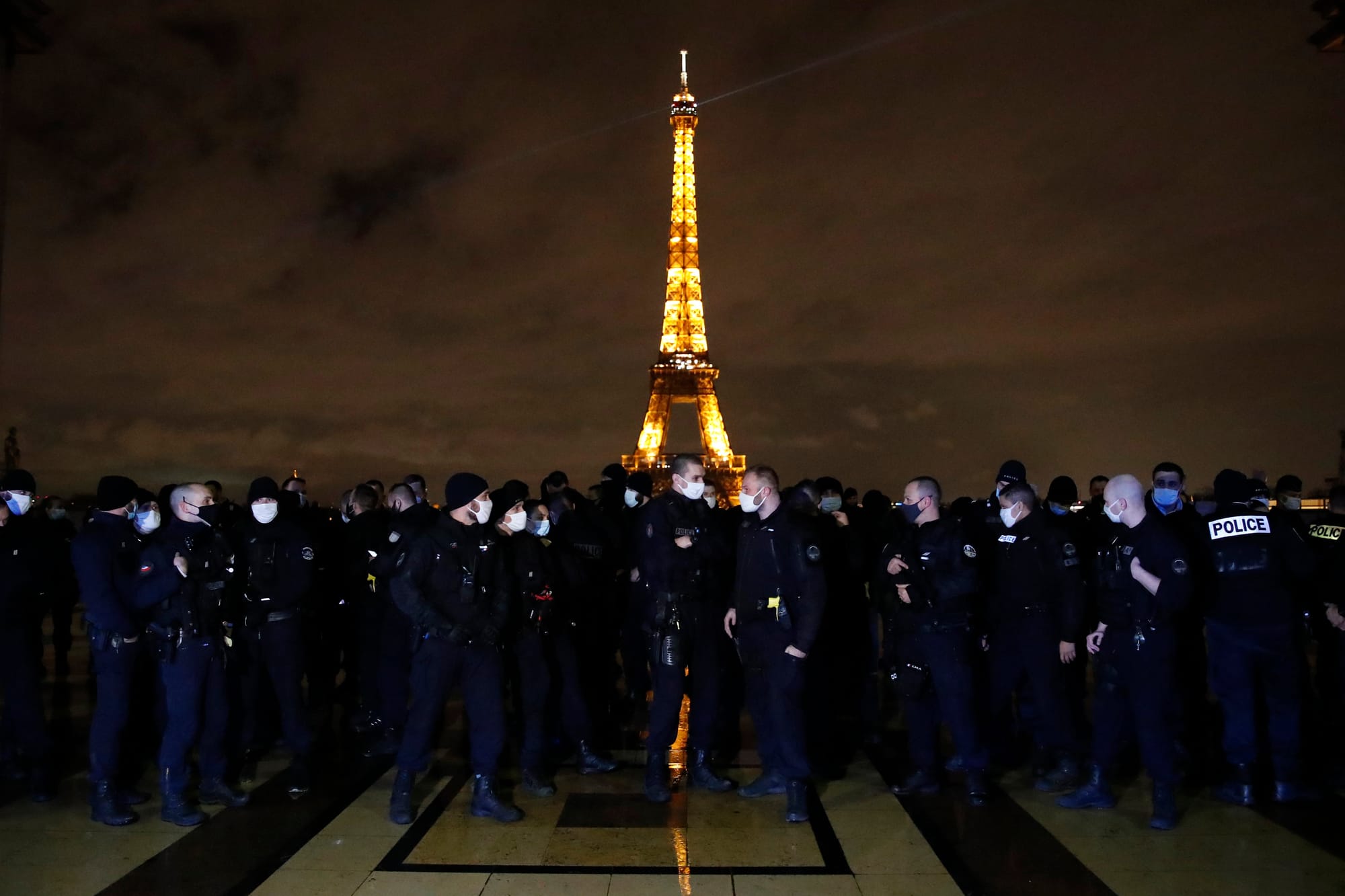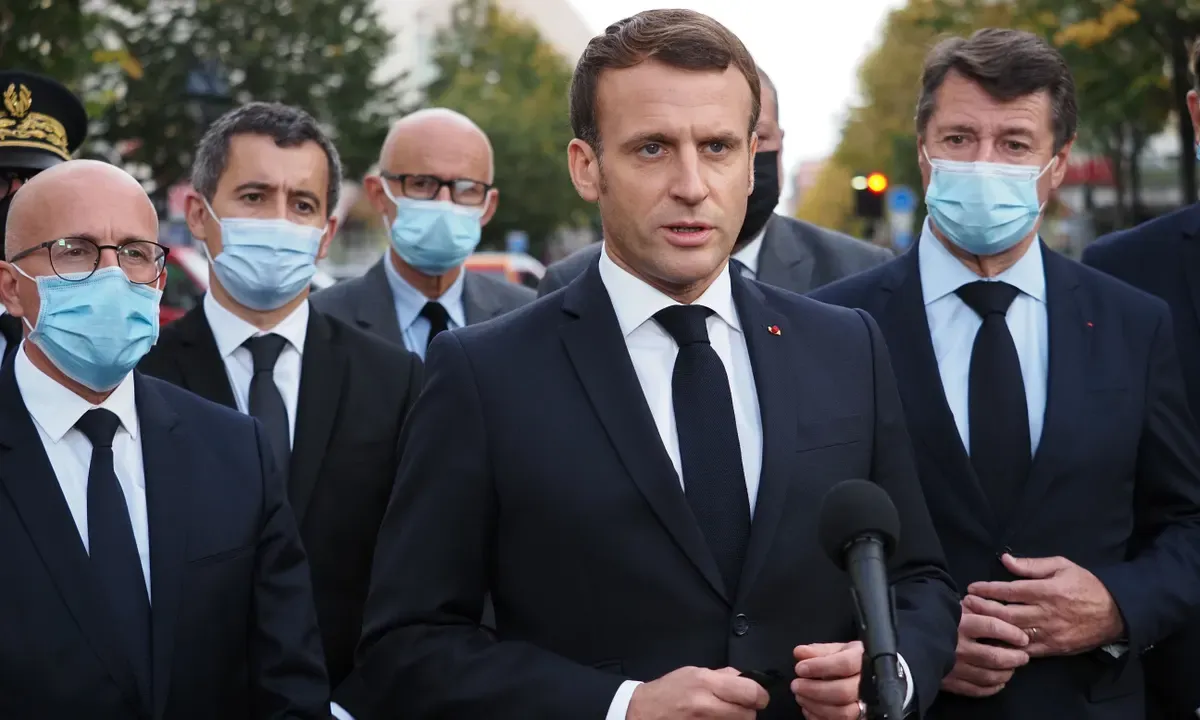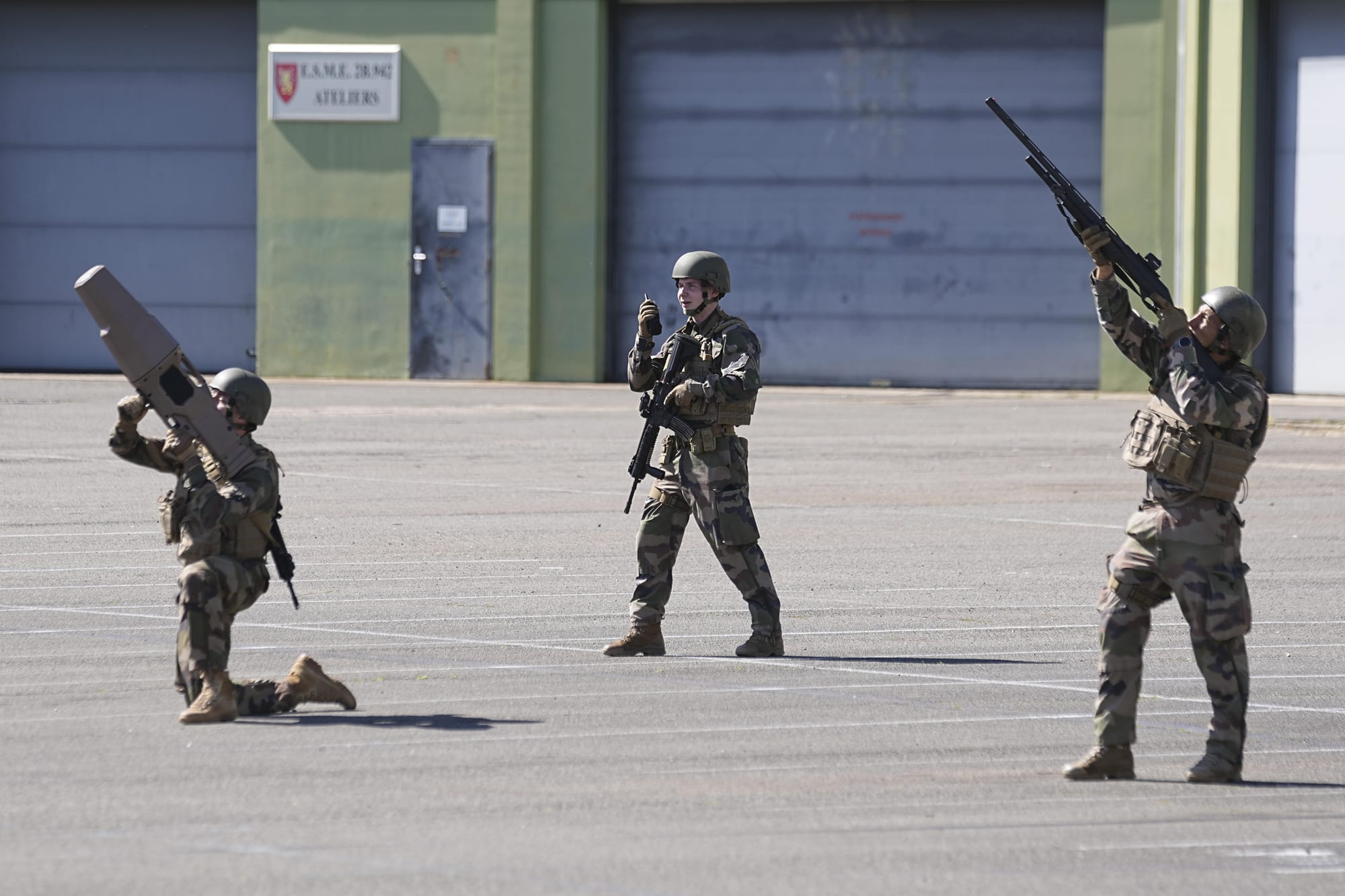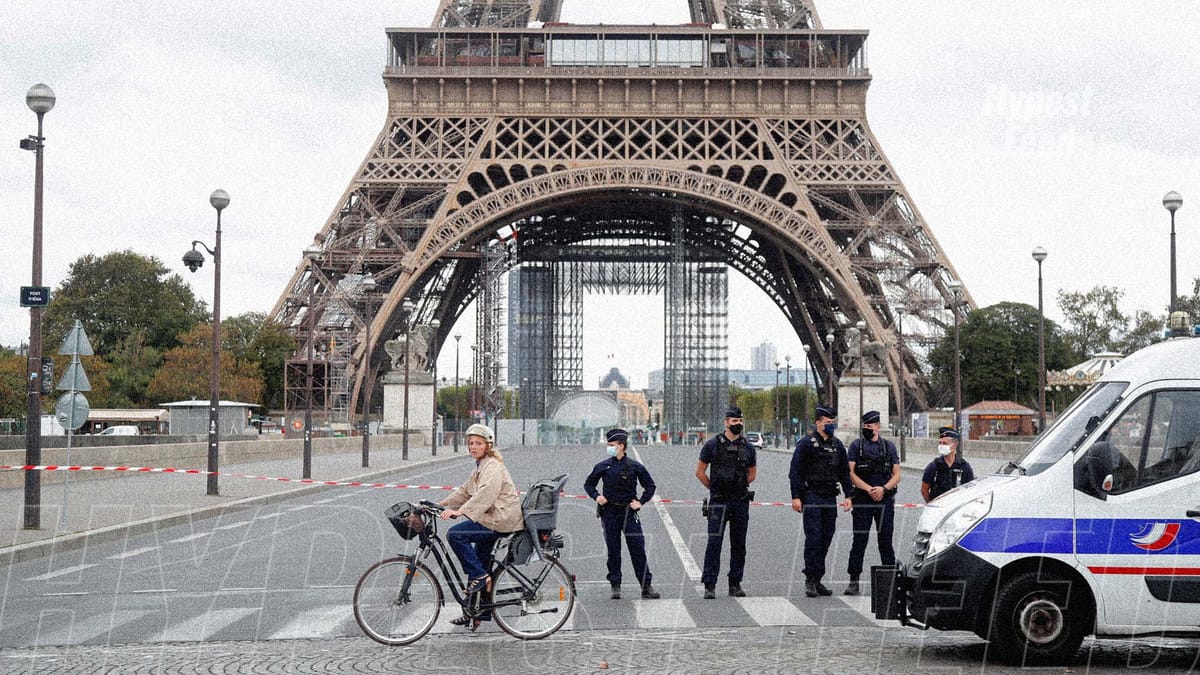In the aftermath of a devastating terrorist attack at a concert hall in Moscow, France has taken decisive action by raising its terror alert status to the highest level. The assault, which resulted in the loss of at least 137 lives and left another 182 individuals wounded, has sent shockwaves through the international community, prompting heightened security measures just four months before Paris is scheduled to host the Olympics.
French Prime Minister Gabriel Attal made the announcement regarding the elevation of the country's Vigipirate posture following a meeting of the Defense and National Security Council convened at the Elysée Palace. Citing the claim of responsibility by the Islamic State and the looming threats confronting France, Attal emphasized the necessity of adopting a proactive stance to safeguard national security interests.

The decision to raise the terror alert level underscores the gravity of the situation and the perceived risk of further attacks, both domestically and abroad. Under France's terror alert system, the highest level, known as "attack emergency," signifies an imminent threat and authorizes the implementation of stringent security protocols. These measures encompass heightened surveillance, bolstered patrols by armed forces, and enhanced security presence at key public locations such as train stations, airports, and religious sites.
The move reflects France's unwavering commitment to combating terrorism and protecting its citizens from potential harm. In the face of evolving threats posed by extremist groups, the government remains vigilant, ensuring that robust security measures are in place to mitigate risks and preserve public safety.

As the nation grapples with the aftermath of this tragic event, solidarity and resilience define the collective response, with authorities and citizens alike united in their determination to confront and overcome the challenges posed by terrorism. France's steadfast resolve in the face of adversity serves as a testament to its unwavering dedication to upholding democratic values and fostering a safe and secure environment for all.
In the latest developments surrounding the high-profile case of the assault at a concert hall, court statements have revealed that two of the suspects have confessed to their involvement in the attack. However, concerns have been raised regarding the circumstances surrounding these confessions, particularly in light of the suspects' physical and mental condition, which has led to speculation about the authenticity and voluntariness of their admissions.
While initial reports suggested that all four suspects had acknowledged their guilt, conflicting information emerged from various Russian media outlets, with some indicating that only three of the individuals had confessed, while others maintained that all four had admitted culpability. This discrepancy in accounts has added a layer of complexity to the legal proceedings, casting doubt on the veracity of the confessions and raising questions about the reliability of the evidence presented in court.
The suspects, identified as Dalerdzhon Mirzoyev (32), Saidakrami Rachabalizoda (30), Shamsidin Fariduni (25), and Mukhammadsobir Faizov (19), stand accused of committing a terrorist attack resulting in fatalities. The gravity of the charges is underscored by the severity of the offense, which carries a maximum sentence of life imprisonment upon conviction.

Amidst the legal proceedings, attention has turned to the defendants' legal representation and the safeguards in place to ensure a fair trial. Given the seriousness of the allegations and the potential consequences of a conviction, there is a pressing need to uphold due process rights and guarantee the defendants' access to a robust defense. Moreover, concerns about the suspects' physical and mental well-being have prompted calls for an independent assessment to ascertain their capacity to participate effectively in legal proceedings.
As the case unfolds, the spotlight remains firmly fixed on the Russian judicial system's ability to deliver justice impartially and transparently. The outcome of the trial will not only have significant ramifications for the accused individuals but also for public confidence in the rule of law and the integrity of the legal process. In the pursuit of truth and accountability, it is imperative that all parties involved adhere to the principles of fairness, transparency, and respect for human rights, ensuring that justice is served in a manner consistent with the highest standards of legal integrity.



Member discussion: